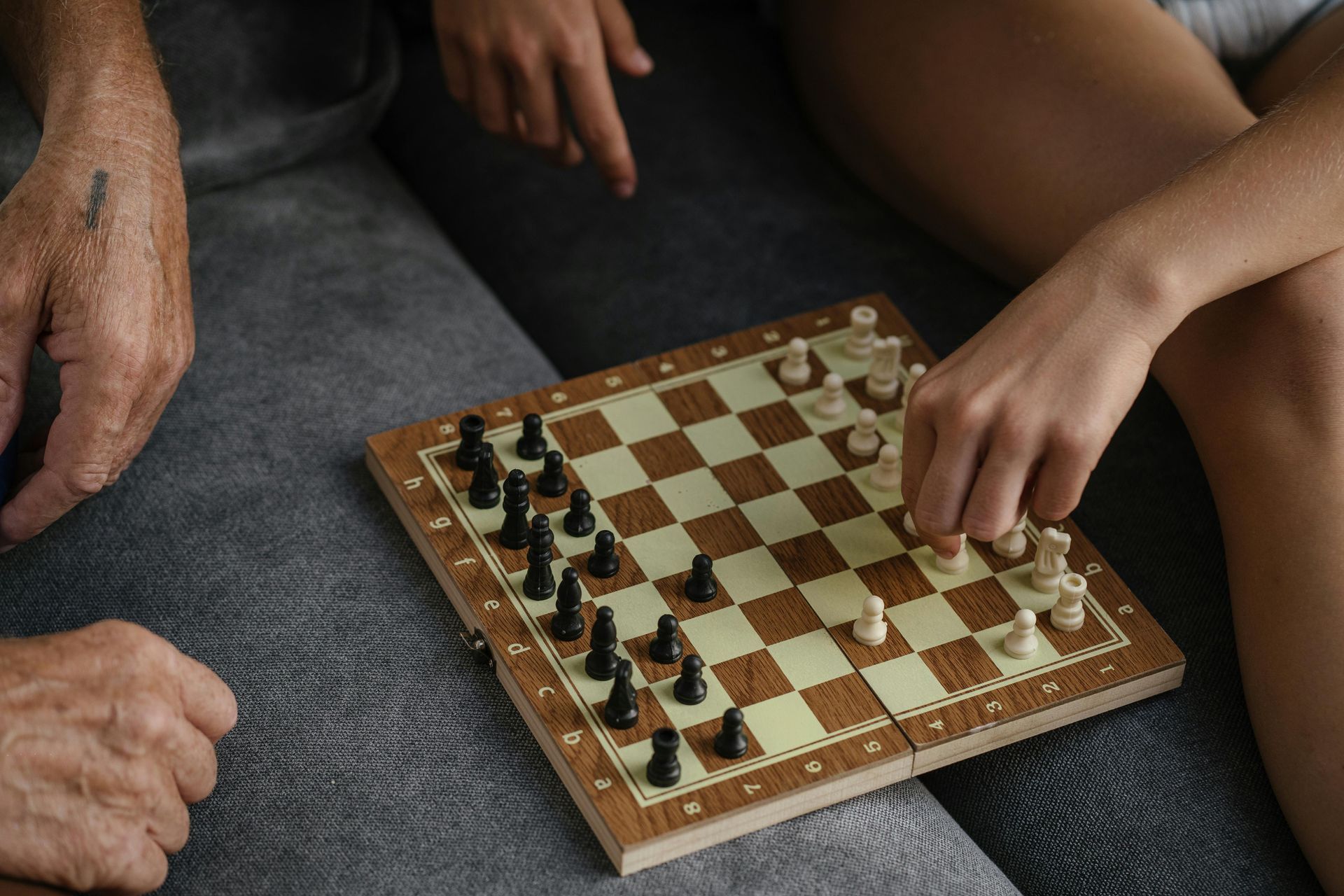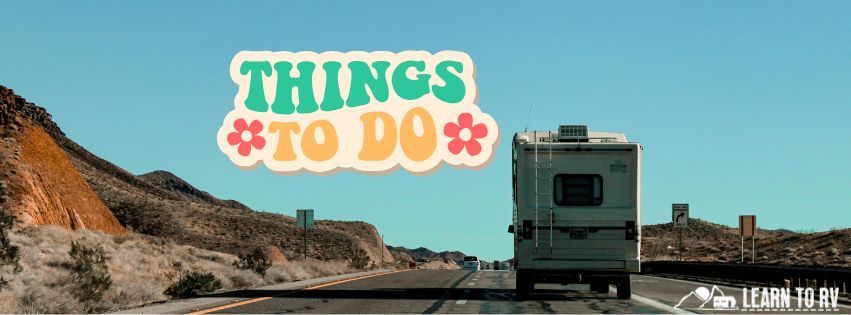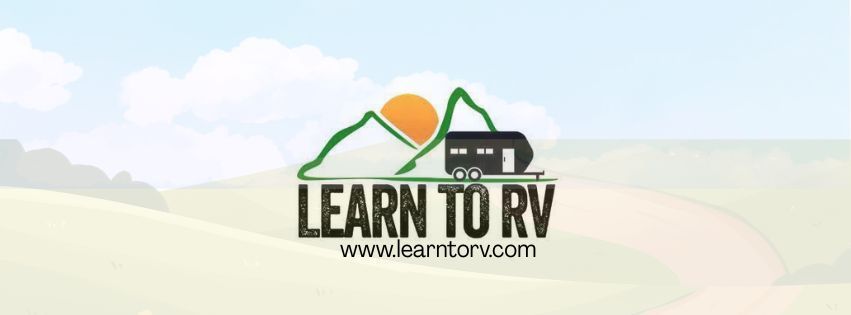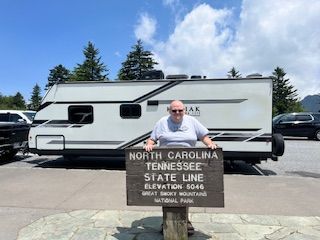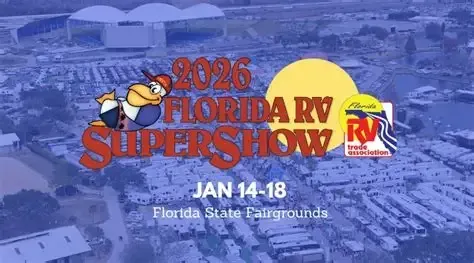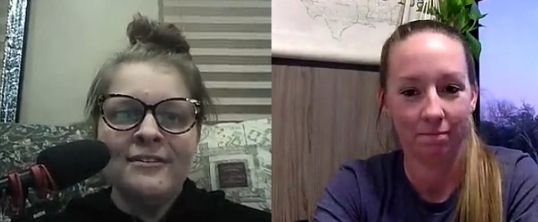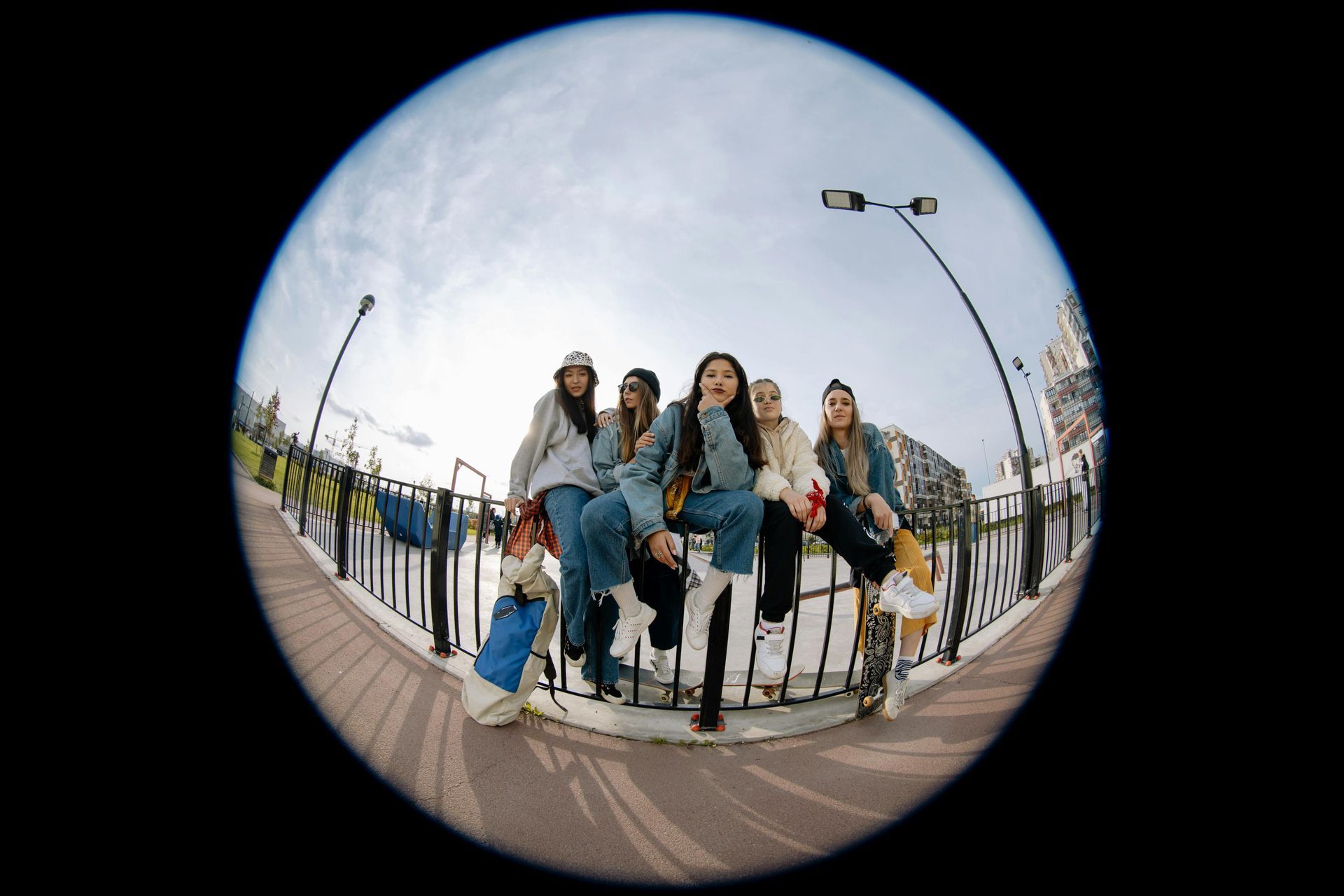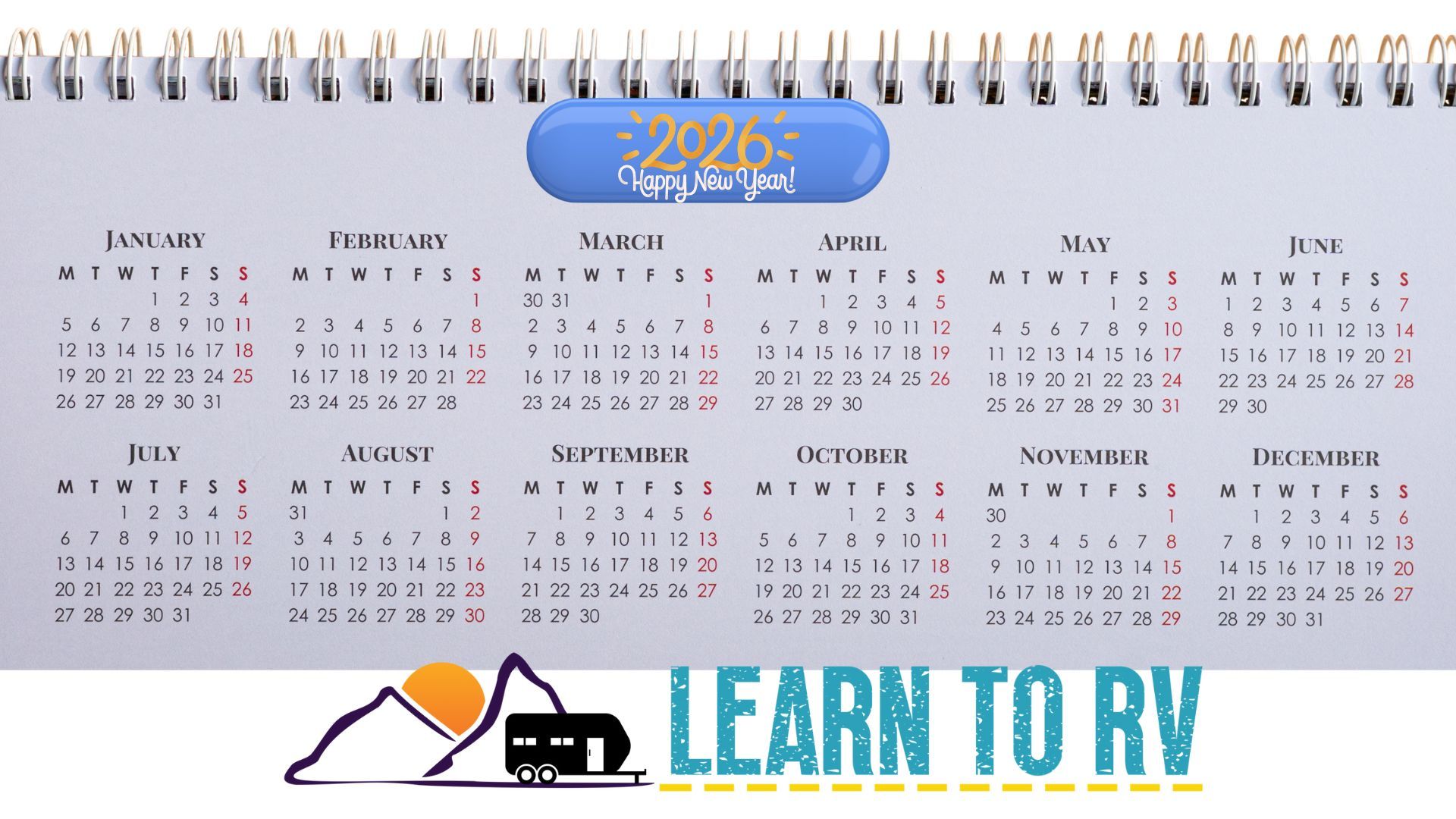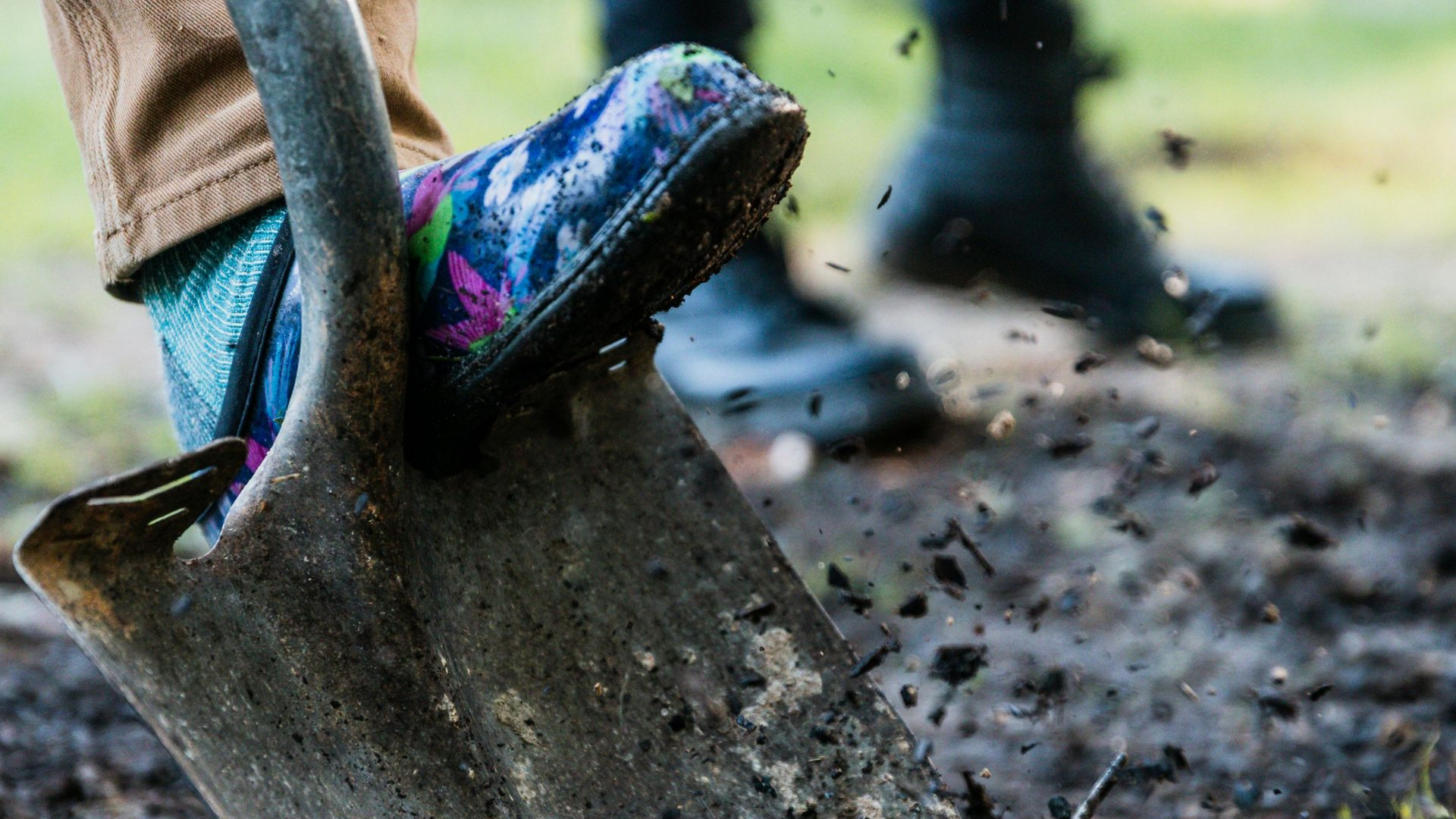Eww, stinky water! Sanitizing the fresh water system.
Doug S • April 9, 2025
Recently we started getting a rotten eggs smell from a couple of the hot water faucets in our camper. This is usually an indication that your anode rod needs to be replaced but in our case, it wasn’t all faucets. It started in our main bathroom and got to the point where the smell was gaggingly/wretchingly bad. The stink then spread to the 1/2 bathroom sink. And finally, once it started hitting the kitchen sink- it was time to act. I did some reading online and found that if clothing washer lines aren’t used, the can hold water that goes stagnant and exhibits the exact symptoms that I was experiencing.
The solution, sanitize the fresh water system.
First, a caveat- this looks way worse/longer than it is… writing things out always feels that way.
Here’s how I sanitized my camper’s fresh water system:
- Turn off the water heater, let the water cool, and drain it.
- Tip #1 : to quickly cool the water, run the shower with only hot water until you use up all that is in the water heater.
- Tip #2 : when draining your water heater, you should bypass it. Un-bypass it when completely drained.
- Tip #3 : before opening the plug, open the tank’s overflow valve to take pressure off of the water heater (if you don’t, you very likely will have a projectile! BTDT).
- Tip #4 : most water heater plugs are 1 1/6″ and having a short extension helps immensely.
- Drain the fresh water tank.
- Open the low point drains and empty the water lines. Close them when complete.
- Refill the fresh water tank with a sanitizing solution – I personally use 1/4 cup of bleach to ever 10-15 gallons of water.
- Using the water pump and solution from the freshwater tank…
- Refill the water heater with the sanitizing solution.
- Run each faucet in the camper until you smell bleach.
- Start with the faucests that are closest and moving to the ones that are farthest.
- Do hot and cold separately (i.e. run the hot water until you smell bleach and run it for another 30 seconds or so; turn it off and do the same with the cold side).
- Do not forget any faucets- even toilets and those you never use (i.e. my washer/dryer hookups are a huge pain, we have to empty a closet, finagle buckets to catch the water, and clean up the inevitable mess).
- Let the camper sit like this for 24 hours.
- Drain the fresh water tank, water heater, and low-point drains/water lines (like you did in steps #1-3).
- Flush the system with freshwater.
- For us, this meant switching to our city water connection and running water at each tap. Since we were actively using the camper, we didn’t get nutty or methodical with it. Basically, you want to flush the bleach out of the system.
Regularly sanitizing your water system is something that should be done. Don’t be like me and wait until you have a problem!

